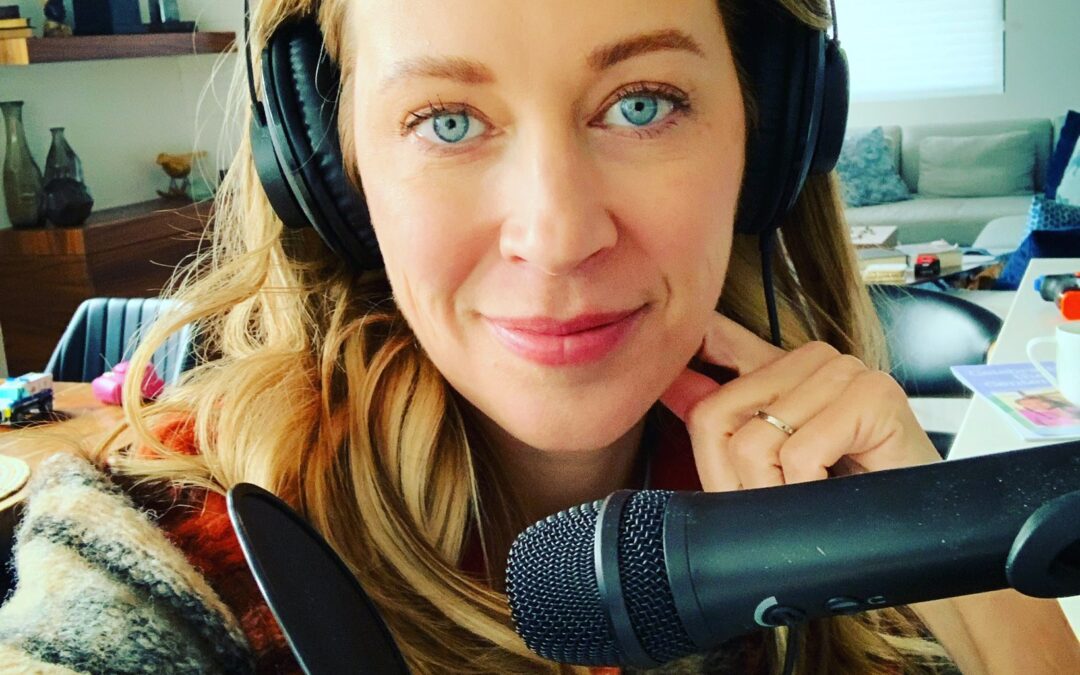No Results Found
The page you requested could not be found. Try refining your search, or use the navigation above to locate the post.

NEWSWIRE | ONE YUKON COALITION
📰Article: What you should know about COVID-19 sub variants EG.5 and BA.2.86 (Sept 13, 2023) https://www.ctvnews.ca/health/coronavirus/what-you-should-know-about-omicron-subvariants-eg-5-and-ba-2-86-1.6559825
NEWSWIRE | PRESS RELEASE
Haines Junction Pilot Project Gets Under Way, More Wastewater Sampling Sites Expected in 2023
(WHITEHORSE, YUKON) As part of a holistic approach to community health and wellness, wastewater monitoring is emerging as an innovative way to detect the location and concentration of potentially harmful viruses across Canada.
In Yukon, a new initiative aims to establish a network of sampling sites across the territory to explore how wastewater data can be used to alert community stakeholders when highly potentially harmful transmissible diseases are detected in your neck of the woods.
Following the launch of the first community wastewater monitoring project in Haines Junction in 2022, the Council of Yukon First Nations, working in partnership with the Public Health Agency of Canada and the National Microbiology Laboratory, is encouraging more communities to introduce wastewater monitoring solutions as a way to keep community members informed and help curb the transmission of infectious diseases at the community level.
The One Yukon team (mobilized by the Council of Yukon First Nations to help lead Yukon’s COVID-19 response) will have a role to play as well, supporting readiness and outreach activities with the aim to provide weekly wastewater report summaries to and give communities instant access to the latest data, key findings and alerts.
Quotes:
“Wastewater data will play an important role to support community health and wellness and will provide Yukon leaders, families and visitors with timely information that supports informed decision making. Establishing a network of monitoring sites will be instrumental to improving how we approach community-to-community travel, community events, workplace safety, school safety, elder care and so much more.”
“By raising awareness of wastewater data and trends at the community level we can help prevent the spread of potentially harmful viruses and take important steps to keep our elders, our families and the most vulnerable members of our communities safe.”
– Math’ieya Alatini, President of One Yukon Coalition, Kluane First Nation Citizen
BLOG | WHAT’S NEW?
The Council of Yukon First Nations (CYFN) today announced the release of a final report that examines the interjurisdictional dynamics amongst Yukon First Nations and non-Indigenous governments during the COVID-19 pandemic.
This research study was commissioned by CYFN on behalf of Yukon First Nations. During the 2020 General Assembly, Yukon First Nation Leadership emphasized the need to understand Yukon First Nations experiences of the COVID-19 pandemic and to incorporate them in the Yukon government’s planned review of the Civil Emergency Measures Act (CEMA).
The COVID-19 pandemic brought numerous challenges to the Yukon, including a prolonged state of emergency that challenged the shared governance system in the territory. The final report highlighted 8 key findings and identified 25 recommendations based on the reflections and experiences of those involved in the pandemic response. Although some aspects of these experiences were unique to COVID-19, overarching lessons learned can inform future legislative review, policy, and practice in Yukon emergency planning and management.
The report highlights barriers that impacted Yukon First Nations throughout the pandemic and illustrates the essential role that collaboration, coordination and access to information plays during a public health emergency. Understanding and addressing these barriers will be essential to modernizing our approach and delivering an effective and collective community-level response to potentially harmful viruses in the future. Initiatives like Yukon First Nations COVID Response and the One Yukon Coalition support Yukon First Nation leadership in emergency response and build on the lessons learned during pandemic.
Key Findings Include:
Quick Facts:
For Further Information Contact:
Math’ieya Alatini
President, One Yukon Coalition
P: 867.333.9445
oneyukon.ca | hello@oneyukon.ca

Great question.
So, after transitioning to a relatively maskless summer most Yukoners (and most Canadians) have been pushing forward with a maskless fall and winter. This is despite a resurgence in the number of cases of influenza, respiratory syncytial virus (RSV) and other respiratory illnesses observed from coast to coast to coast.
Dangerous wait times at children’s hospitals and health centres across Canada have some jurisdictions pondering the return of mask wearing as a way to help prevent further overcrowding in Emergency Departments.
Back home, there are still Yukoners who see masking as an effective way to protect themselves and/or others from infectious sneezes and coughs. Also, a small percentage of Yukoners still wear masks because they work at a long-term care facility or a hospital, where masking is still mandatory.
So what is the right approach to masking in early 2023? What is the right approach for you?
Probably the best answer is to keep assessing the risk to yourself and others but include in your risk assessment that more than one potentially harmful virus that may be circulating in your community, that more young children are getting sick, and that your Health Centre may be understaffed and overwhelmed.
This isn’t to say that your community won’t be prepared if you or someone in your household suddenly becomes sick, it’s just another factor for your consideration, especially if you live outside of Whitehorse.
In December, Dr. Sudit Rande, Yukon’s Chief Medical Officer of Health, said the territory was just at the beginning of a harsh season of respiratory illnesses, and that Yukoners need to prepare.
Also in December, in an interview with One Yukon, Whitehorse Pediatrician Dr. Katharine Smart advised that we need only look at the spike in school absenteeism due to sickness, along with an increasing number emergency room visits and hospital admissions as evidence that Yukon is now facing a ‘tridemic.’ Her advice to parents (and everyone) was to take this situation seriously.
If that message wasn’t concerning enough, Isaac MacDonald of the Yukon Hospital Corporation told the Whitehorse Star “We anticipate a significant flu season this year with higher than average respiratory illness cases,” adding that longer wait times may be coming as a result.
So, hopefully this can help you make an informed decision, especially if you live with an elder, someone who is immunocompromised, someone with a pre-exiting condition, and/or small children.
A simple rule might f you plan on holding or attending gatherings and/or hanging out with friends and family, consider the risks and wear a mask if the risk is too high.
Masks protect our elders, our families and the most vulnerable members of our communities against serious illness. In other words, wearing a surgical mask indoors this winter makes a lot of sense.
The page you requested could not be found. Try refining your search, or use the navigation above to locate the post.

A new and potentially dangerous ‘tridemic’ of respiratory infections (COVID-19, Influenza and Respiratory Syncytial Virus ‘RSV’) is hitting Canada hard, sending more and more kids to the Emergency Department and putting enormous pressure our health care system from coast to coast to coast – and Yukon is by no means immune.
Few medical professionals are better prepared to discuss these challenges than Yukon Pediatrician Dr. Katharine Smart who became a household name (and a trusted voice) as President of the Canadian Medical Association (CMA) during an unprecedented global pandemic.
Dr. Smart is now Past President of the CMA, but continues to remind parents and all Yukoners about how to avoid bringing serious respiratory illnesses into their household this winter – try to wear a mask when you can, and GET VACCINATED!
One Yukon’s Mathieya Alatini spoke with Dr. Smart on December 5 to discuss the impact of the ‘tridemic’ on Yukon’s kids, what it will mean for our health care system this winter and what parents need to know about these serious respiratory illnesses in the months ahead.
Here are some highlights from the interview that was recorded on December 5, 2022 and posted on YouTube (shown right):
“How is this spike in cases impacting the health care system, and is this year different than previous years?
“Absolutely it’s different than what we’ve seen in previous years – the number of kids who are getting sick at the same time is a lot higher than what we would typically see.”
“A huge number of kids are seeking care in emergency departments across Canada and in Whitehorse we’re seeing significant absenteeism from school due with kids off sick, a lot more visits to the Emergency Department and more admissions to hospital of kids who are ill.”
“Do these virus present differently and what are the treatements?”
“For all three of the viruses they can look very similar. All of them can cause fever, upper respiratory tract infection (symptoms like runny nose, cough, sore throat) but they can also cause lower respiratory infection, which can lead to pneumonia.”
“It’s important to know that both the flu and COVID have a effective vaccine. If you can prevent getting sick, that’s choice number one. I really encourage people if you haven’t had your child vaccinated for the flu and COVID, now’s a great time… both vaccines are available for children six months and older.”
“As far as treatments go, out of the three viruses the only one we really have a treatment for is influenza. If your child has influenza ideally you’ll want to get Tamiflu early in the course of the illness. This is most important for kids under five and especially kids under two are most at risk of having bad outcomes from influenza, along with children with underlying medical conditions.”

A TRUSTED VOICE. Yukon Pediatrician Dr. Katharine Smart is Past President of the Canadian Medical Association.
PARENTS, THIS IS A MUST-SEE VIDEO. To watch the full interview click on the video above, or visit the One Yukon YouTube channel.
“For parents who live outside of the Whitehorse area and have a sick child, when should they seek medical intervention?”
“If you have a child who is three months or younger that has a fever, they really need to be assessed by a medical professional right away because the risk of bacterial infection is much higher, and some of these viruses can be much more serious in younger babies.”
“In older kids, we worry when there is respiratory distress…if your child is struggling to breathe, is off-colour, showing signs of dehydration, is lethargic or has a fever that lasts for five to seven days…these are signs that something more serious may be going on.”
“Which medications should parents use to treat a fever?”
“There are three main fever reducers, Aspirin is the one that you DON’T want to give to children, especially right now because when you combine Aspirin with the flu in kids it can cause problems with the liver.”
“Both Tylenol and Advil are safe to use in children as fever reducers. Talk to your pharmacist or community nurse about the appropriate dose for your child.”